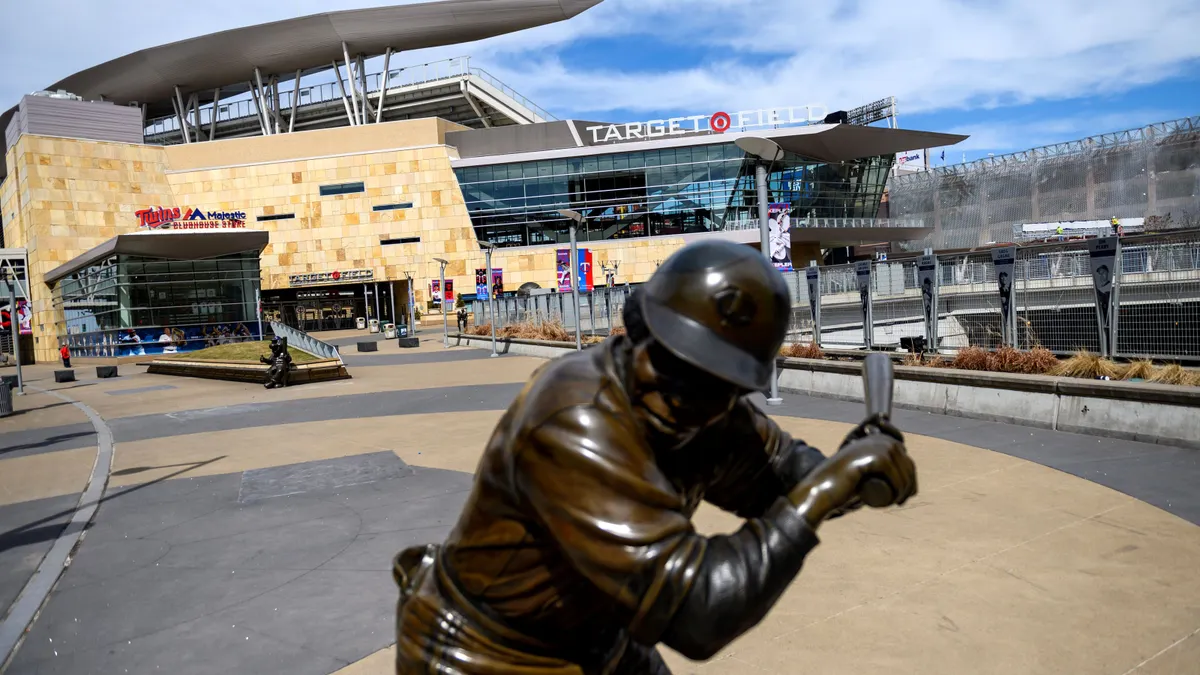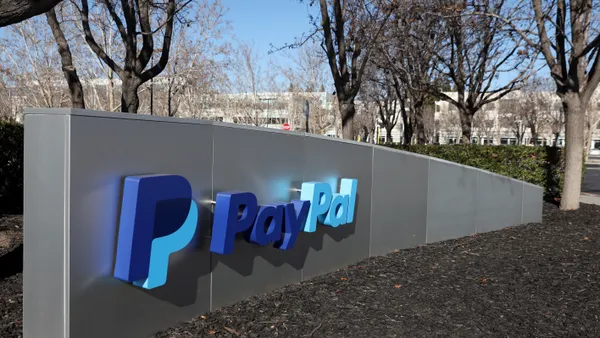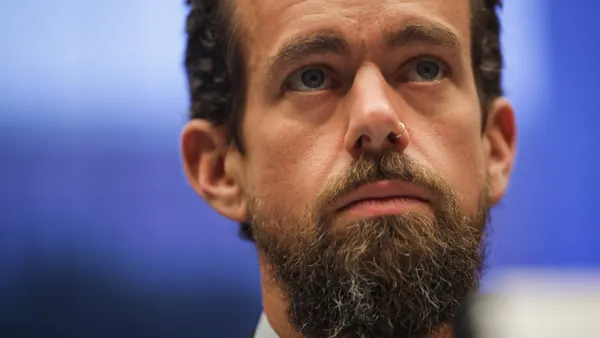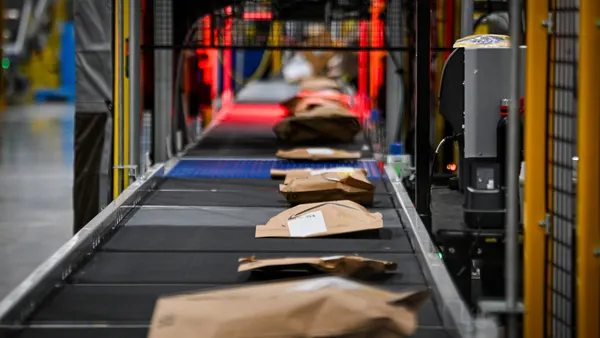Global Payments has lately been winning the race to score partnerships with professional sports teams and stadiums.
Last week, the firm inked a deal with the National Hockey League's Tampa Bay Lightning, making Global Payments the payments provider for food, beverages, retail and ticketing and marking its fourth NHL team partnership.
Just a week prior, Global Payments announced a similar partnership with Major League Baseball’s Minnesota Twins and Target Field, plus it renewed its agreement with the Dallas Cowboys.
“Our proven ability to deliver innovative solutions and enhance speed and efficiency in the overall fan experience in largescale, high-traffic environments has positioned us as a partner of choice,“ Global Payments CEO Cameron Bready boasted Aug. 6 during the company’s quarterly earnings call with analysts.
Through stadium partnerships, Global Payments and other processors have a chance to raise their company profile with merchants and offer services beyond making a transaction, like delivering real-time data. The merchants, meanwhile, get access to data along with a modernized point-of-sale system with fast transactions – a benefit that could translate directly into higher consumer spend.
“If it’s easier for people to buy more beers, that’s more revenue for the stadium,” Deborah Baxley, partner at consulting firm PayGility Advisors, said in an interview.
The perks for both parties have helped accelerate the payment-stadium trend. Global Payments has contracted with about 160 stadiums and venues around the world, and Shift4 has at least 150 sports and entertainment venue clients.
Rivals are also in the field. Square has partnered exclusively with SoFi Stadium, home to the Los Angeles Chargers and Rams. Fiserv’s Clover brand landed the Cleveland Browns football team to provide mobile ordering and contactless payments. And NHL team Minnesota Wild selected Priority to improve its ticketing operations and make payment processing more seamless.
Payment team-ups allow acquirers to expand their relevance “on top of just the mechanics of making payments,” said Baxley, who is also co-chair of the Mobile & Touchless Payments Working Committee at U.S. Payments Forum.
Payments firms can provide real-time sales data to stadium merchants.
For example, Square’s software provides real-time sales insights to SoFi Stadium, like the top-selling items or busiest purchasing times at concession stands, according to Square’s website. Armed with that data, stadium managers can make immediate decisions around inventory, staffing and promotions.
Partnerships can also elevate the brand image and visibility of a payments company.
“For everybody, it’s a good branding opportunity,” Baxley said.
Branding is an especially big opportunity for venues that host various types of events with a wide variety of audiences, said Christopher Miller, lead analyst of the Emerging Payments practice at Javelin Strategy & Research.
Miller said he often advises firms to focus on partnerships that integrate the entire fan experience – “an untapped vein” at venues, he said in an email.
A singular person could buy a ticket and make multiple on-site purchases, but the experience isn’t necessarily connected. Payments companies have the opportunity to better integrate payments and data across one profile, particularly for repeat customers. Season ticket holders are “exactly the sorts of customers who are desired” for that expanded profile, Miller said.
Venue-payment partnerships can have some downsides, though. A technology breakdown could harm a payment company’s reputation, in the eyes of both the merchants and attendees. Payment volume can be inconsistent if a team isn’t performing well or a lineup of artists is unpopular at a concert venue, Miller said,
Miller and Baxley both see stadium partnerships continuing in the future. In fact, Baxley anticipates these deals will become the norm, with nearly every stadium having a dedicated payments partner.
“It’s just table stakes at this point,” Baxley said.













